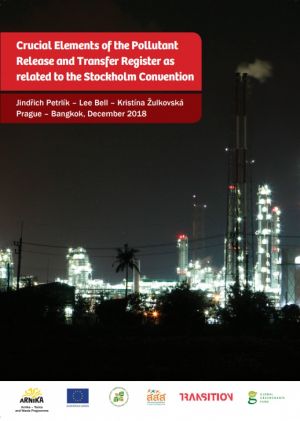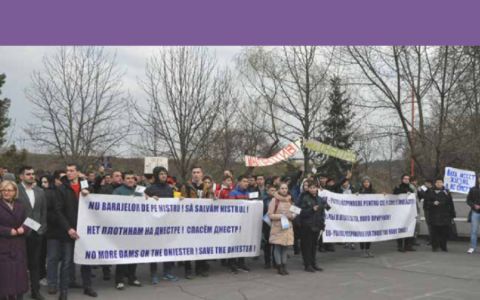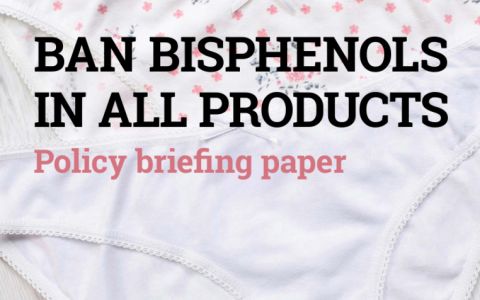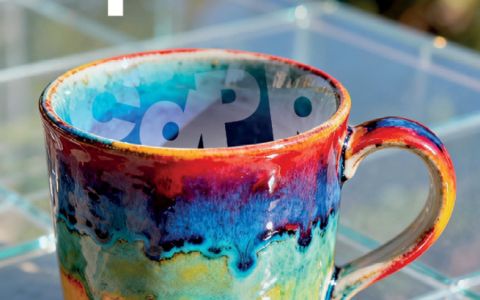This report is focused on how PRTR can be used for free access to information about pollution releases and transfers by different groups of chemicals, but also to show that it can be useful for the industry to address loopholes in its technology, as well as to save money on leaching chemicals that are used as a source in the production process.
Introduction
The process of preparing the Pollutant Release and Transfer Register (PRTR) in Thailand has been ongoing since at least 2011, when JICA started a pilot project in Rayong Province (Kondo and Limjirakan 2013, Pollution Control Department and Industrial Estate Authority of Thailand 2015). However, EARTH and its NGO forerunner, CAIN, were deeply involved in the preparation of PRTR in Thailand. CAIN advocated the introduction of PRTR in Thailand as long ago as 2003 (Saetang 2013). The call to the right to know among the Thai society has an even longer history, starting after the chemical explosion at Bangkok Central Port (the Klong Toey Case) on March 2, 1991.
The perception of the PRTR evaluation in Thailand is positive and addressing all the concerns of the Thai industry regarding the introduction of the PRTR (Kondo and Limjirakan 2013). Based on our experience in the Czech Republic, they are very similar in each country where this unique system is introduced.
Our report is focused on demonstrating how PRTR can be used not only for free access to information on pollution releases and transfers of different groups of chemicals, but also to show that it can be useful for industry to address loopholes in its technology. It can also be used to save money on leaching chemicals that are used in the production process. We also classify the PRTR system's relationship to the Stockholm Convention and persistent organic pollutants (POPs) at the same time, as it has been discussed in recent years. The bulk of the report is based on the practical experience of the Arnika Association with the implementation of the Czech PRTR.







